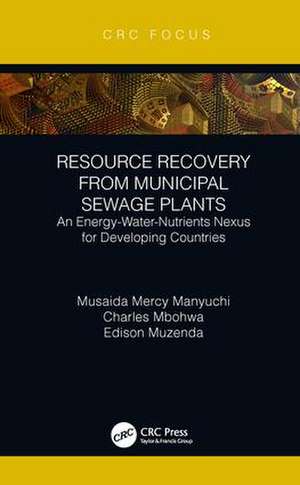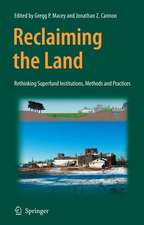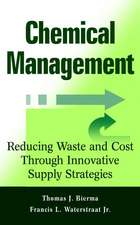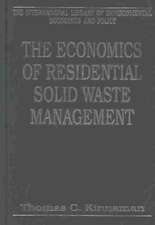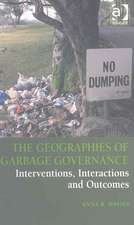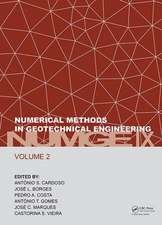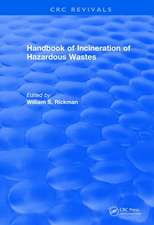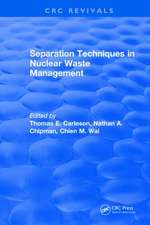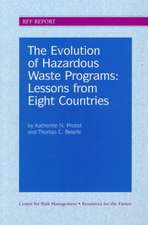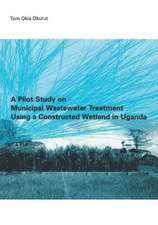Resource Recovery from Municipal Sewage Plants: An Energy-Water-Nutrients Nexus for Developing Countries
Autor Musaida Mercy Manyuchi, Charles Mbohwa, Edison Muzendaen Limba Engleză Hardback – 27 iun 2018
Preț: 350.32 lei
Preț vechi: 468.20 lei
-25% Nou
Puncte Express: 525
Preț estimativ în valută:
67.05€ • 72.86$ • 56.36£
67.05€ • 72.86$ • 56.36£
Carte tipărită la comandă
Livrare economică 21 aprilie-05 mai
Preluare comenzi: 021 569.72.76
Specificații
ISBN-13: 9781138584006
ISBN-10: 1138584002
Pagini: 146
Ilustrații: 4 Tables, color; 22 Tables, black and white; 6 Illustrations, color; 8 Illustrations, black and white
Dimensiuni: 138 x 216 x 15 mm
Greutate: 0.31 kg
Ediția:1
Editura: CRC Press
Colecția CRC Press
ISBN-10: 1138584002
Pagini: 146
Ilustrații: 4 Tables, color; 22 Tables, black and white; 6 Illustrations, color; 8 Illustrations, black and white
Dimensiuni: 138 x 216 x 15 mm
Greutate: 0.31 kg
Ediția:1
Editura: CRC Press
Colecția CRC Press
Cuprins
Introduction to Resource Recovery from Municipal Plants. Municipal Sewage Wastewater Treatment. Anaerobic Treatment of Municipal Wastewater Bio-Augmentation. Resource Recovery from Municipal Sewage. Bio Solids from Municipal Sewage Sludge. Economic Considerations. Resource Recoveryfrom Chitungwiza, Firle and Crowborough Plants in Harare, Zimbabwe- A Case Study. Conclusion and Recommendations. References. Index.
Notă biografică
Musaida Mercy Manyuchi, Charles Mbohwa, Edison Muzenda
Descriere
This book explains the optimal recovery of value-added products from municipal sewage plants in developing countries. By converting waste into energy, biosolids, and clean water, the sewage plants can become environmentally and economically sustainable.
